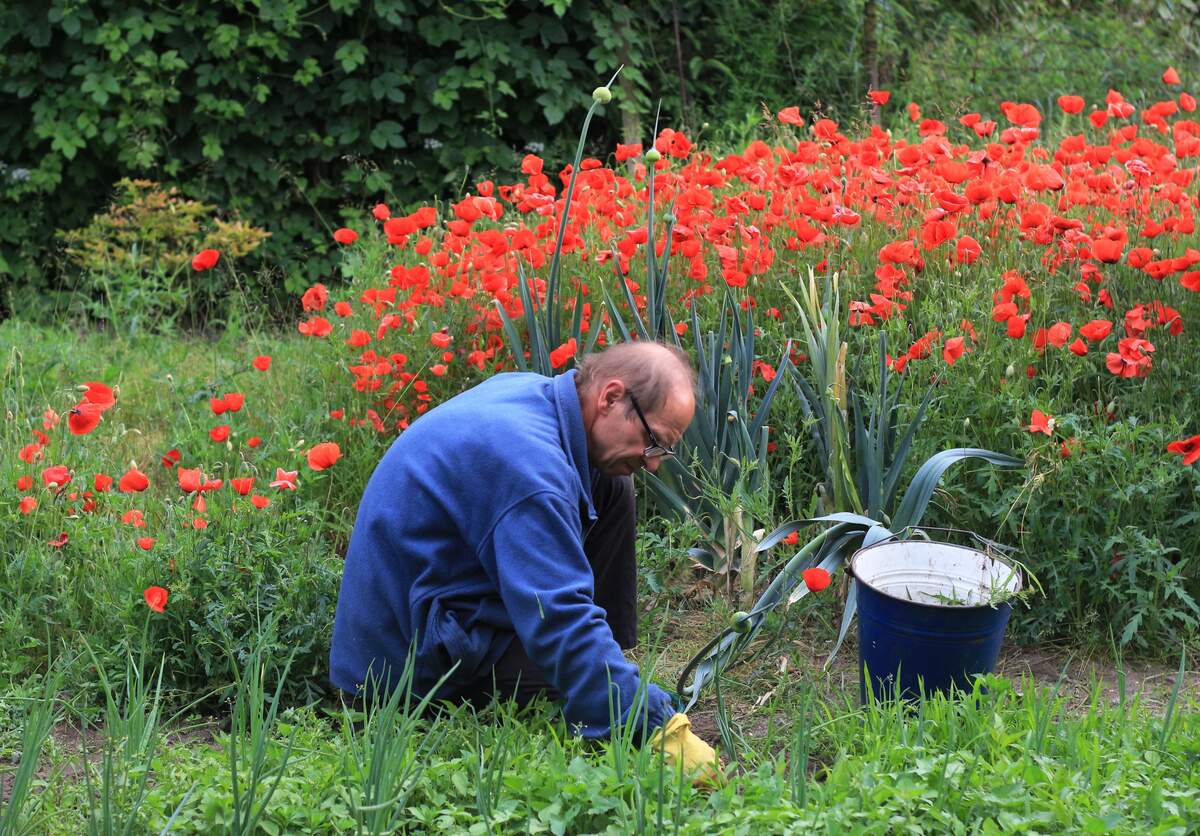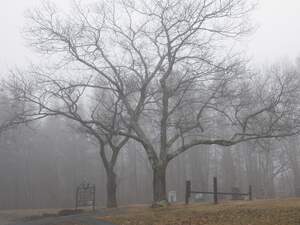

Weed Your Garden Day
Weeds can inhibit garden plants from growing, as they compete with them for sunlight, nutrients, and water. A weed can be defined as anything that wasn't purposely planted but began growing anyway. A weed may be an edible or medicinal plant, and may even be a flower. Weeding should be done on a daily basis, but on Weed Your Garden Day, an extra five to ten minutes of weeding should be done. Not only will your plants be a little happier, but you will get some exercise as well.
How to Observe Weed Your Garden Day
Spend the day doing an extra five to ten minutes of weeding! Before getting started, soak your soil with water, which will make it easier to pull out the weeds by their roots, keeping them from growing back. If removing by the roots is impractical, the next best thing you can do is chop off their heads. This will lessen the amount of reseeding that will happen, and the weeds will be using their energy to try to rebuild themselves, instead of spreading. If you are able to get at their roots, try using a sharp knife to slice them out, so you don't disturb the nearby soil, as to not spread around more weed seeds.
Put down mulch after weeding. This will help keep new weed seeds from growing, as they won't be able to get any light. To make sure the light is blocked, put down some newspaper, cardboard, or a biodegradable fabric before putting down the mulch. The mulch should be about two inches deep, and organic mulch should be used, as it may contain carabid beetles or crickets which will eat weed seeds.
Making sure you have healthy soil in the first place, with lots of organic matter, will help limit the number of weeds you have. Also, the way you plant will make a difference—plants that are close together will limit the amount of room that weeds have to grow, and the shade that they give off will help keep weeds from growing as well. You can usually plant with about 25 percent less spacing than what is recommended.
Depriving weed seeds of water also helps. Drip or soaker hoses do this, as they irrigate plants beneath mulch, but leave the weed seeds unwatered. This may reduce weed germination by 50 percent. However, this may not stop deep-rooted perennial weeds such as bindweed and nutsedge. Drip irrigation may actually benefit them.





















